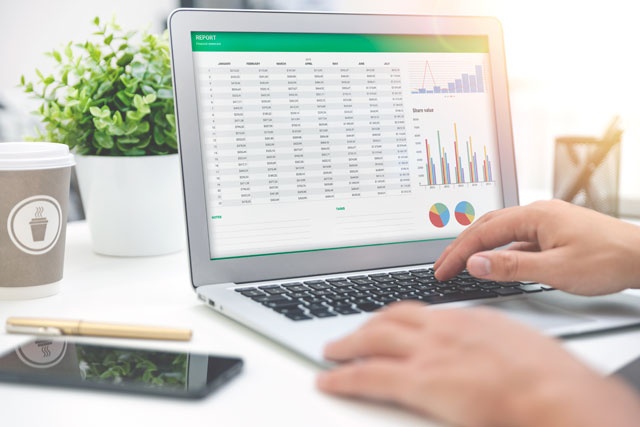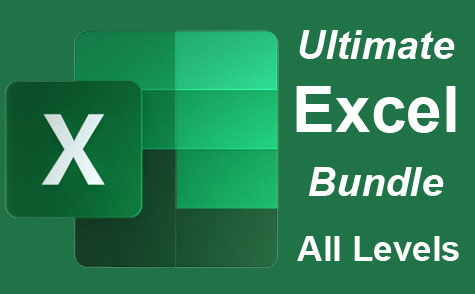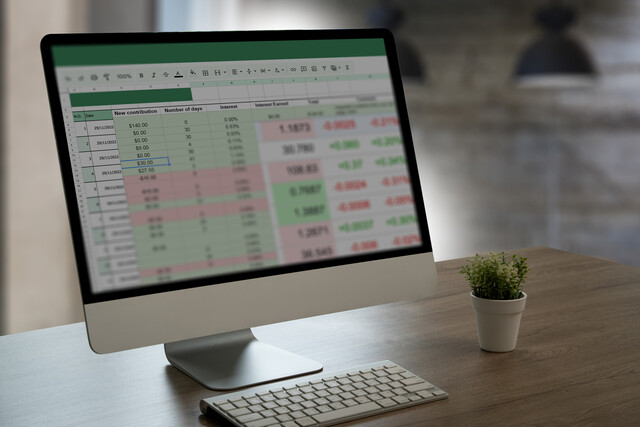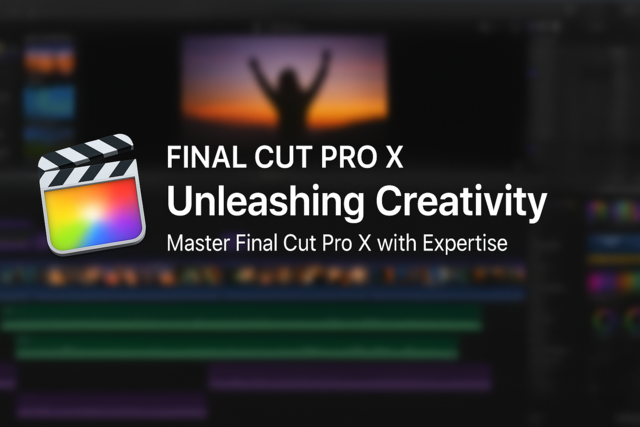Lesson 1. The Essential Guide to Access 2013
Advanced features like reports, macros, and modules in Access 2013 allow users to translate raw data into actionable insights and automate routine tasks. Incorporating sophisticated VBA-driven modules enables custom database functionalities, enhancing operational efficiency and strategic decision-making.
Lesson 2. Step-by-Step Guide to Access 2013 Installation
To utilize Microsoft Access 2013 proficiently, users must ensure their systems meet specific criteria like having Windows XP with SP3 and at least 2GB of disk space. The guide also highlights the significance of understanding Access's expansive database and object handling features, vital for tackling complex data-driven projects.
Lesson 3. Unlocking the Power of Databases
Databases create structured digital environments where data is organized into interconnected tables, allowing for seamless information management akin to a well-designed spreadsheet. Understanding concepts like primary and foreign keys, along with normalization, ensures that your data remains accurate, accessible, and scalable.
Lesson 4. Exploring the Core of Access 2013 Database Tools
Macros in Access 2013 automate repetitive processes, enabling users to focus on strategic tasks. By unlocking enhanced efficiency through automation, macros boost productivity, allowing seamless integration of data operations.
Lesson 5. Navigating Your Data World with MS Access
Exploring the Access interface is akin to uncovering a treasure trove of tools essential for data organization and retrieval. From creating sophisticated tables and queries to importing data seamlessly, each tab within the Ribbon offers robust capabilities that elevate your data management skills.
Lesson 6. Designing Efficient Databases: From Creation to Innovation
Craft databases with Microsoft Access that turn raw information into meaningful insights, driving productivity and innovation. By mastering table creation and relationship building, you unlock the full potential of data in business intelligence.
Lesson 7. Mastering Views in Access
In Microsoft Access, object views provide distinct interfaces for interacting with and managing database structures and data. Understanding and mastering these views empower users to customize their database usage for tasks such as data entry, querying, and reporting.
Lesson 8. Form Fundamentals: Navigating Microsoft Access
Creating forms in Microsoft Access involves a strategic blend of function, design, and navigation, allowing data manipulation through simple or complex interfaces. The software supports relational databases by making information clear and accessible, facilitated by features like automated subdatasheets.
Lesson 9. Mastering the Art of Form Controls and Formatting
Modern database tools like Access provide advanced capabilities to customize and navigate form layouts, allowing users to position controls for improved user interaction. Optimization of controls through resizing and efficient layout management results in dynamic and impactful database presentations.
Lesson 10. Delving Deep into Microsoft Access: Transformative Query Techniques
Queries in Microsoft Access are versatile tools that simplify data management by allowing users to filter, calculate, summarize, and automate data operations efficiently. This lesson explores various query types, empowering users to draw deep insights and maintain optimal data integrity.
Lesson 11. Mastering Criteria and Wildcards for Data Insights
Operators in Microsoft Access include mathematical, comparison, logical, text, and special types, helping perform complex computations and comparisons on data. Mastery of operators empowers users to effectively manage data, carry out effective data excavations, and refine datasets.
Lesson 12. Parameter Queries: Unleashing the Power of Flexible Data Searches
Creating a parameter query in Access involves selecting a query, moving to Design View, defining criteria through user prompts, and adjusting variables as needed to tailor data retrieval. Utilizing these steps allows for a seamless, dynamic query process, empowering users to manage and analyze data efficiently.
Lesson 13. Mastering Database Relationships in Microsoft Access: A Comprehensive Guide
Understanding relationships in Microsoft Access is key to unleashing the potential of organized data, allowing for seamless connections between tables. Complex queries and informed decisions become achievable through mastering one-to-many, many-to-many, and one-to-one relationships and utilizing joins.
Lesson 14. Unlocking Data Efficiency through Normalization
Normalization serves as a foundational framework for structuring databases to avoid redundancy and promote data integrity. It involves adhering to multiple normal forms to improve data management efficiency and enable performance enhancements through strategic denormalization.
Lesson 15. Mastering Calculated Expressions for Data Insight
Calculated expressions in Access 2013 offer a transformative approach to database management, allowing for the execution of dynamic calculations, data validation, and automation that elevate user control and precision. These tools integrate effortlessly with existing data structures, facilitating advanced query criteria, default value settings, and real-time updates.
Lesson 16. Unlocking the Power: A Comprehensive Guide to Aggregate Queries
Aggregate queries in data analysis allow efficient extraction of insights by summarizing data, vital in fields like finance and healthcare. Using tools like Microsoft Access, users can design queries to derive statistics and improve decision-making.
Lesson 17. Access 2013 Report Mastery
Access 2013's report creation transforms raw data into compelling stories using the Report Tool for quick visualizations and the Report Wizard for detailed customization. By mastering these tools, users can produce professional reports that enhance decision-making and stimulate growth.
Lesson 18. The Art of Crafting Compelling Reports
Incorporate colors, readable fonts, and visuals to set moods, emphasize insights, and simplify complex data. Embrace whitespace to declutter, creating a seamless reading experience that captivates and informs.
Lesson 19. Clarity Through Grouping and Sorting
Conditional formatting utilizes visual cues to prioritize critical data, like highlighting high prices in red to signify urgency. This method draws immediate attention to trends and outliers, turning a simple report into a dynamic tool for targeted analysis and prompt actions.
Lesson 20. Practical Tips for Printing and Exporting in Access 2013
Access 2013 reporting functionalities embrace customization through diverse export options, from Excel to PDFs, preserving design integrity. The lesson demystifies print orientations and margins, enabling aesthetically pleasing and fully accessible reports.
Lesson 21. Importing and Exporting Data
In this lesson, we're going to learn the multiple ways that you can import and export data to and from Access.

10 Hours average completion time
1.0 CEUs
21 Lessons
23 Exams & Assignments
21 Videos
24 Reference Files
Mobile Friendly
Last Updated January 2026



















